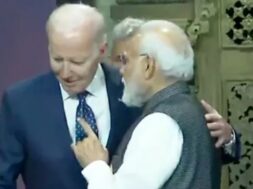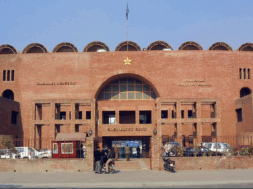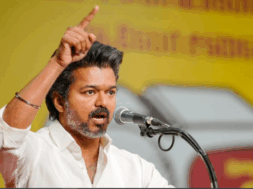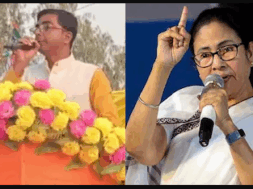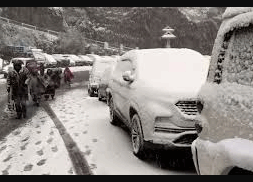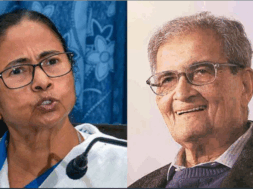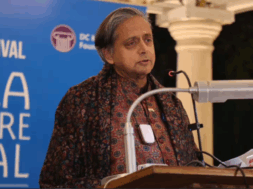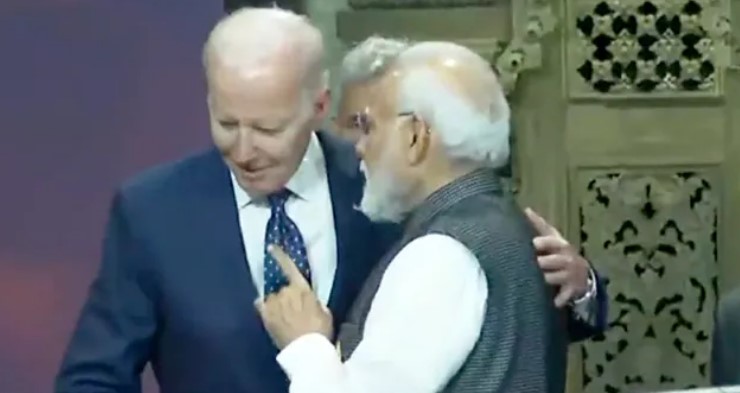
G20 Summit: India to get 50% of electricity from renewables by 2030, says PM Modi
Virendra Pandit
New Delhi: India is pushing ahead with the target of generating 50 percent of its electricity from renewable sources by 2030, Prime Minister Narendra Modi said at the Group of 20 (G20) Summit at Bali, Indonesia, on Tuesday, as he ruled out “any restrictions” on energy supply and stability.
The two-day Summit of the leaders of the 20 largest economies began on a day the world’s population touched the 8 billion mark amid the most difficult, divisive, and challenging time, the media reported.
Before the Summit began, PM Modi, who received a grand reception on his arrival, interacted with the Indian community in Bali, and informally met with Presidents Joe Biden (USA) and Emmanuel Macron (France) and British PM Rishi Sunak, among others.
He said while India has provided food grain to other nations, the latest global shortage should be met with a G20 agreement on secure supply chains.
Speaking at the Summit’s first session on food and energy security, he said, “India is committed to clean energy and environment. By 2030, half of our electricity will be generated from renewable sources,” showing the country’s climate change mitigation goals remain on track.
His assertion assumed importance as it burnishes New Delhi’s credentials at the ongoing 27th United Nations Climate Change Conference (COP27) in Egypt, making India a responsible global player working to reduce emissions while balancing developmental needs.
PM Modi said energy security is vital for India as it is currently the world’s fastest-growing economy. “We must not promote any restrictions on the supply of energy and stability in the energy market should be ensured.”
He stressed the need for time-bound and affordable finance being provided to developing nations, as well as a sustainable supply of technology to ensure an inclusive energy transition.
“Climate change, the Covid pandemic, the developments in Ukraine, and the global problems associated with it. All these together have caused havoc in the world. Global supply chains are in ruins.”
“Today’s fertilizer shortage is tomorrow’s food crisis, for which the world will not have a solution,” he said.
He also stressed that multilateral institutions have failed to address these challenges and that the world has greater expectations from the G20.
“We should also not hesitate to acknowledge that multilateral institutions such as the UN have been unsuccessful on these issues. And we have all failed to make suitable reforms in them,” he said.
PM Modi reiterated his call for diplomacy and disengagement on the Ukraine issue, calling for concrete and collective resolve to ensure peace, harmony, and security in the world.
“I have repeatedly said that we have to find a way to return to the path of ceasefire and diplomacy in Ukraine. Over the past century, the Second World War wreaked havoc in the world. After that, the leaders of that time made a serious effort to take the path of peace. Now it’s our turn,” he said.
Hinting that India could act as a mediator, Modi said, “I am confident that next year when the G20 meets in the holy land of Buddha and Gandhi, we will all agree to convey a strong message of peace to the world.”
The next G20 Summit is scheduled to take place in India. At the end of the Bali Summit, Indonesia will formally hand over the baton of the G20 Summit to India.
But some fireworks have also emanated from Indonesia. The tense meeting between Presidents Joe Biden and Xi Jinping has failed to bring the USA and China any closer over the Taiwan issue.
Moreover, a call to denounce Russia for its February 24 invasion of Ukraine has split the G20 members into opposite camps. Russian President Vladimir Putin, who skipped the Summit, deputed his Foreign Minister Sergey Lavrov to attend the Summit.
